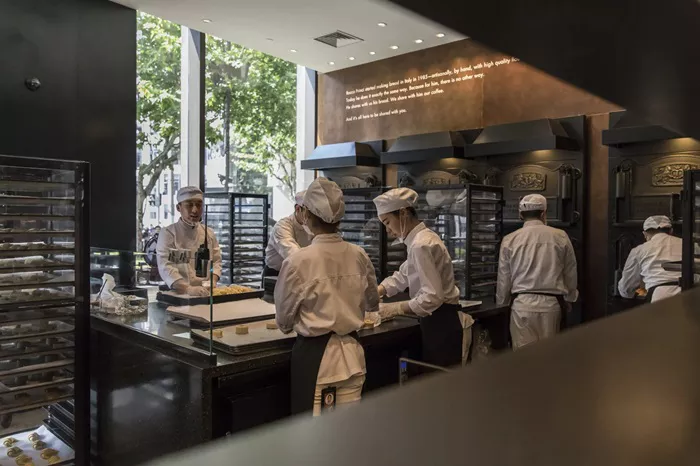In a continuing series presented by Umpqua Bank, Business Matters highlights local businesses that positively impact their communities. This edition features Campfire Coffee Co., a Tacoma-based coffee shop committed to transparency and sustainability within the specialty coffee industry.
Qunicy Henry, co-founder and CEO of Campfire Coffee Co., asserts that the specialty coffee sector often lacks transparency, particularly in its communication with consumers. “We just need people in this industry to be more honest and less buzzwordy,” he said, emphasizing the need for improvement in how coffee is sourced and marketed.
Henry criticized the messaging used by some specialty coffee shops, which may give the impression of direct sourcing from farmers. He described this approach as “misguided at least and malicious at worst.” He explained that unless there is a direct trade system in place, coffee prices are generally determined by the C-Market, a global commodity exchange. This pricing model can obscure the realities of coffee sourcing, leading consumers to feel a false sense of connection when presented with idealized images of farmers in coffee shops.
In contrast, Campfire Coffee Co. prioritizes fair trade, organic sourcing, and rainforest protection. True to its name, the company roasts its coffee over a campfire using locally sourced wood, a method Henry believes is better for the environment. “Every decision we make as small businesses tied to our local ecosystem has reverberating effects,” he said. “It’s our responsibility to create an environment where doing the right thing for our community is the easy choice.”
Since opening in March 2020, Campfire Coffee Co. has achieved significant growth, selling approximately 300,000 pounds of coffee and experiencing a 59% increase in year-over-year sales.
A Unique Beginning
Henry, who transitioned from a career in music to marketing, and his wife, Whitni, were motivated to start a coffee shop after he was laid off from his job. Initially, they had no plans to roast their own coffee, reaching out to various roasters without success. When Whitni’s sister suggested trying campfire roasting, the couple bought a small campfire popcorn popper and roasted their first batch in their backyard.
Commitment to Sustainability
Henry highlighted that most coffee roasters do not utilize renewable resources. “While there are a few woodfire roasters, our uniqueness lies in our water-based emissions capture process, making our operation fossil fuel-free,” he explained. Campfire Coffee Co. uses seasoned, dry, locally sourced wood or logs made from pressed sawdust and used coffee grounds, providing a more environmentally friendly alternative to gas roasting.
The couple aims to position Campfire Coffee as an outdoor brand rather than solely a coffee business. “While we have a long way to go, our significant environmental impact lies in setting an example of eco-friendly coffee roasting by returning to coffee’s origins and roasting over a campfire,” Henry stated.
Campfire Explorers Club
From its inception, Campfire Coffee Co. has aimed to encourage outdoor activities, leading to the establishment of the Campfire Explorers Club, a nonprofit initiative. The club has partnered with nearly 100 organizations nationwide to promote outdoor access and experiences.
The Explorers Club features an outdoor gear and book library within the coffee shop. Customers can borrow equipment such as tents, cots, sleeping bags, and kayaks for free, with a simple no-questions-asked policy for returns. The book library operates on a book-for-book donation basis.
To support this initiative, Campfire Coffee Co. hosts a fundraising event each October called Camptoberfest, aimed at expanding their library of gear and books.
By prioritizing transparency, environmental responsibility, and community engagement, Campfire Coffee Co. not only serves high-quality coffee but also strives to inspire a deeper connection with the outdoors.
Related Topics:
From Cebu to Toronto: Bo’s Coffee Expands Its Global Reach
Global Coffee Giants Brew Up Competition in South Korea
Cut the Coffee, Save for Retirement: O’Leary’s Bold Advice


